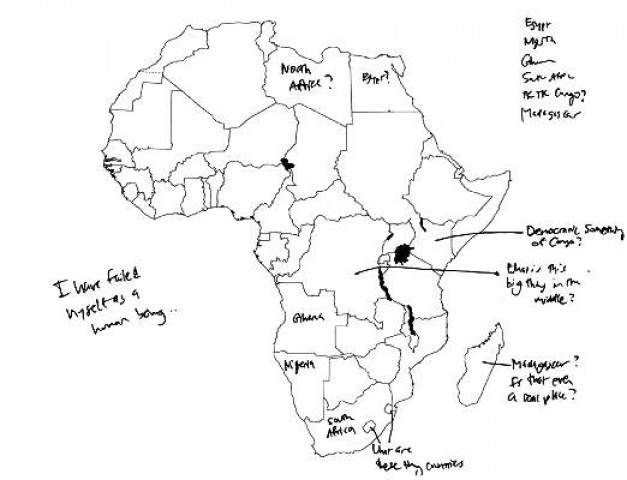
Turkmenistan, Afghanistan, India and Pakistan on Saturday signed broad agreements at a summit on a $7.6 billion transnational gas pipeline, though the talks yielded few concrete details.
The 1,700-kilometre Turkmenistan-Afghanistan-Pakistan-India (Tapi) pipeline, Ashgabat’s dream project that first appeared in 1995, has been on hold for many years due to the Taliban insurgency in Afghanistan.
The presidents of Turkmenistan, Pakistan, and Afghanistan met for the first time to discuss the project, while India was represented by the country’s Energy Minister Murli Deora.
They signed an intergovernmental agreement on the Tapi pipeline, with energy ministers signing a separate framework document on the project, but no deal was reached on future sales or the consortium for the future construction tender.
The Tapi pipeline aims to transport over 30 billion cubic metres of gas annually from the Dauletabad gas fields in southeast Turkmenistan and could turn into a cash cow for Afghanistan in transit fees.
Afghanistan’s President Hamid Karzai called it “a highly important project” and assured that he would “put in efforts to ensure security both during construction and after completing the project”.
Security of the pipeline inside Afghanistan has been questioned as the route would go through a number of turbulent regions, including the Helmand and Kandahar provinces which have become epicentres of violence.
The pipeline would also go through Quetta and end in Fazilka, an Indian city near the India-Pakistan border.
“This gas communication will relieve Pakistan’s economy of its weakness and help battle extremism,” said President Asif Ali Zardari, who arrived in Turkmenistan on Friday.
“We are witnessing a historic project,” said Haruhiko Kuroda, president of the Asian Development Bank which will fund the project. “It is not easy to make it happen. Efforts must be made to ensure its security and the ADB is ready to help realise it.”
On Friday, Turkmenistan’s President Gurbanguly Berdymukhamedov expressed hope that the summit would finalise the parameters and dates of the project’s development, Turkmen newspapers said.
Turkmenistan, which is believed to hold the world’s fourth largest reserves of natural gas, has been working to diversify away from its reliance on Soviet pipelines and has had rows with Moscow over the projected trans-Caspian pipeline to Europe, Nabucco. Ashgabat has also opened export routes to China and increased gas supply to Iran in the recent years.
Published in The Express Tribune December 12th, 2010.
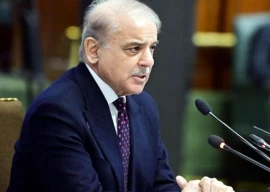
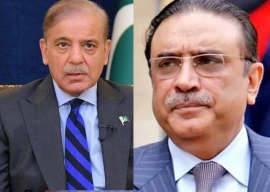
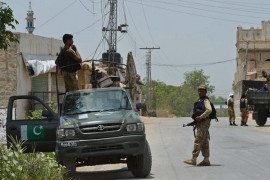

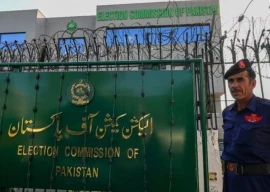

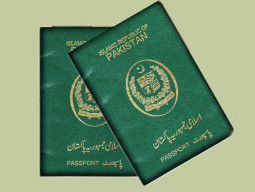


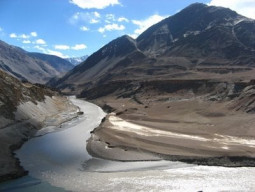

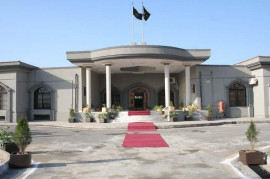






COMMENTS
Comments are moderated and generally will be posted if they are on-topic and not abusive.
For more information, please see our Comments FAQ